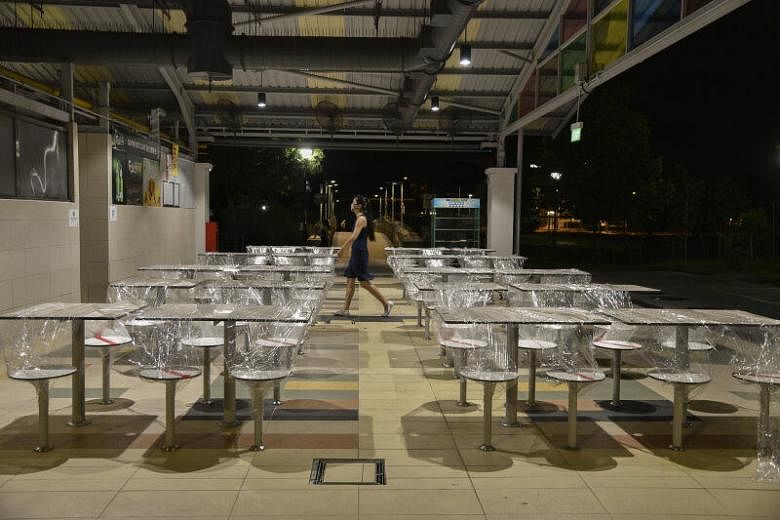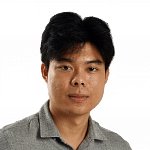SINGAPORE - Singapore is prioritising "both lives and livelihoods" in adopting a phased reopening after the circuit breaker, said National Development Minister Lawrence Wong on Monday (May 25).
"I know many are disappointed by our cautious approach," he said in a Facebook post. "I hope you appreciate and understand that we are trying our best to resume activities safely for Singaporeans, while keeping infection rates low."
A controlled reopening will allow new cases to be quickly detected and contained, he said, adding that pro-active testing of different segments of the population to detect community cases will continue.
Meanwhile, the Government will continue to provide assistance to businesses that are unable to open, as well as to households and workers.
"If all goes well, then we will move to the next phase around the end of June, and resume more activities then," he said.
Singapore is set to move to Phase 1 of its transition out of the circuit breaker period on June 2, when a restricted list of businesses will be allowed to reopen. People still cannot visit their siblings or friends, and dining at restaurants continues to be prohibited.
Economists have said this approach may reduce the risk of another wave of infection, but will likely extend the recession into the third quarter and possibly delay recovery, affecting already struggling businesses.
Mr Wong noted that Singapore has brought down the number of new cases in the community significantly, but has not eradicated Covid-19. He is the co-chair of the multi-ministry taskforce handling the pandemic.
"No country has done so, even with the tightest of lockdowns," he said, adding that countries have seen a rebound in cases when they resumed activities - with those that proceeded cautiously seeing less new cases compared to those that "resumed precipitously".
Singapore, too, must expect its cases to rise after it resumes activities, he said.
Citing the testing of 16,000 pre-school teachers recently, which yielded eight confirmed cases, he said there are still hidden cases circulating among the general population.
"This means that not everything can reopen at the same time, and tough decisions have to be made on which ones go first. If we permit physiotherapy, should we also allow spas and massage centres? We would have liked to say 'yes' to all the requests.
"But each time we ease up on something, we introduce many more face-to-face contacts and people movement within the community.
"That in turn means higher transmission risks and the likelihood of more infections," he said.
On Tuesday (May 26), Mr Wong edited his post to provide a reason for allowing physiotherapy sessions, but not spa and massage appointments, to resume.
"Obviously the services are different - the former is an integral part of healthcare, and that's why we accord it greater priority," he said.
Countries that have seen a rebound in cases after lifting restrictions include Germany, South Korea, Japan, Iran and Pakistan.
In a separate Facebook post on Monday, labour chief Ng Chee Meng said "there is a delicate balance between saving lives and sustaining livelihoods".
"Simply put, it is to manage health risks while getting some parts of the economy going. If we do the easing too quickly, the risk of a second circuit breaker is much higher. For our economy to stay open, we must first contain the virus," he said.
The NTUC secretary-general said many union leaders, managements, youths and residents have expressed that they would like the economy to re-open fully soon.
"They are anxious that they would not be able to stay afloat and jobs will be lost if restrictions remain. These concerns are real, and I fully understand and relate to them," said Mr Ng, who is also Minister in the Prime Minister's Office.
But the phased approach will give the country the best chance to re-open businesses, keep them open and keep Singaporeans safe, he said.
If numbers are kept low, then Singapore can enter Phase 2, "observe, orientate, decide and adapt once more".
"If conditions permit, we proceed to Phase 3," he said, referring to a state that has been described as a "new normal" until an effective treatment or vaccine is developed.
In Phase 3, social, cultural, religious and business gatherings can resume with controls for crowd sizes.
Correction note: This article has been edited to reflect an update by Mr Lawrence Wong on May 26.












